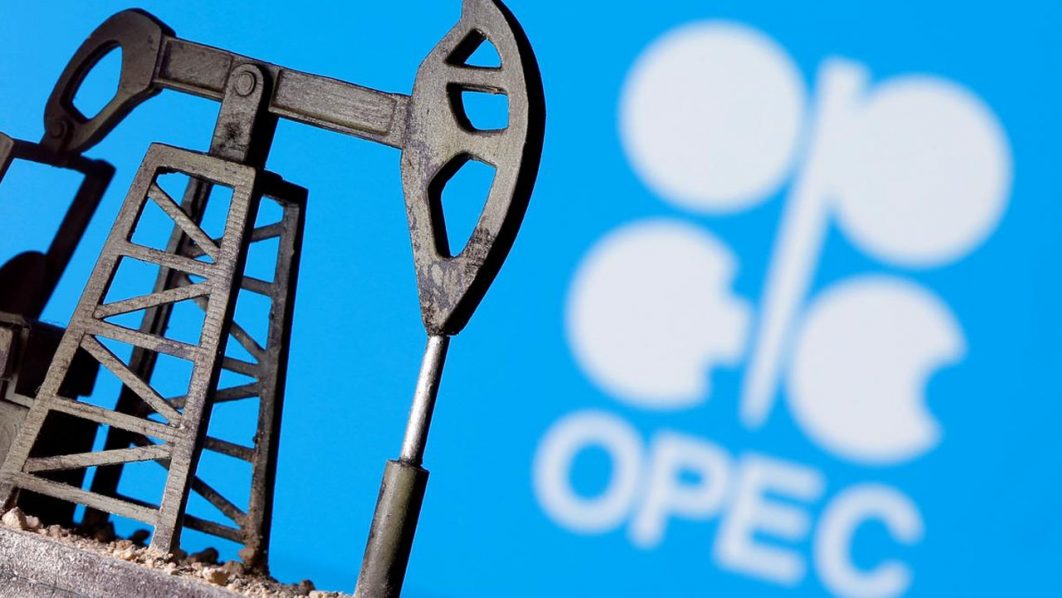
The analysts noted that until critical masses of economically active people get vaccinated, oil prices are likely to remain under pressure.
For 2021, the Nigerian government is basing its benchmark at $40 per barrel, up from $30 from 2020, when the country had to revise the 2020 budget oil benchmark from $57 per barrel to $30. Its production output was also revised from approximately 2.1 million barrels to 1.7 million per day.
According to the analysts, average expectations for Brent Crude prices for 2021 stand at $50.67 per barrel, up from a forecast of $49.35 a barrel in the November Reuters poll, but below the $51.15 price at which Brent Crude traded at 5:25 pm local time.
Also, the analysts raised their forecast for the average price of West Texas Intermediate (WTI), expecting the U.S. benchmark to average $47.45 a barrel in 2021, compared to $46.40 in the November poll. Early on Thursday, WTI Crude prices were down by 1.01 percent at $47.91.
Besides, OPEC+ is scheduled to meet on January 4 to discuss how much the group will produce in February and beyond. The group is also set to meet monthly to determine the production quotas for the following month, after weighing market conditions.
According to Reuters’ sources, OPEC’s compliance for November reached 104 per cent. Compliance for OPEC’s allies—a group that includes Russia—reached just 95 per cent compliance. Combined, the overall compliance rate for November for OPEC+ was therefore 101 per cent, almost exactly the same as the group’s compliance in October 2020.
Another factor to watch in 2021 will be the OPEC+ oil production policy and whether the cartel and its Russia-led allies will ease the cuts before demand can absorb the additional supply.
The new COVID-19 strain—first identified in the UK—and the soaring cases across the UK, other parts of Europe, and the United States are likely to cap oil price gains in the early months of 2021, while positive news on the vaccine front is set to put upward pressure on prices.
The negotiations about how much oil to produce given the prospects for slackened oil demand have not been without difficulty. Russia has consistently been supportive of increasing oil production, while Saudi Arabia has been more cautious in its approach—or perhaps more aggressive with the production cut plans—as the oil-dependent nation remains the swing producer of the group.
Tensions also arose between the UAE in the run-up to the previous meeting, and other OPEC members, too, have expressed a desire to ramp up production and end the painful quotas.
Oil recovery hinged on vaccinations as OPEC+ targets new quota

A 3D printed oil pump jack is seen in front of displayed Opec logo in this illustration picture, April 14, 2020. REUTERS/Dado Ruvic/Illustration/File Photo
A 3D printed oil pump jack is seen in front of displayed Opec logo in this illustration picture, April 14, 2020. REUTERS/Dado Ruvic/Illustration/File Photo


